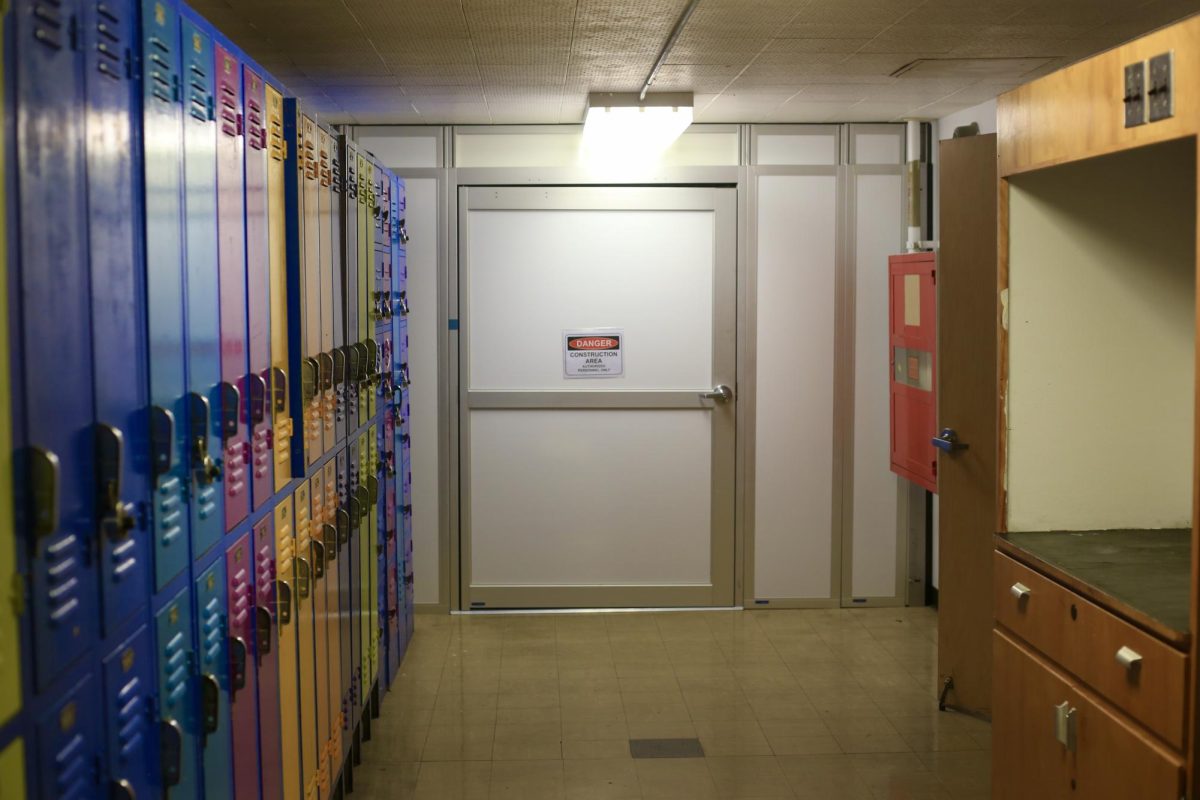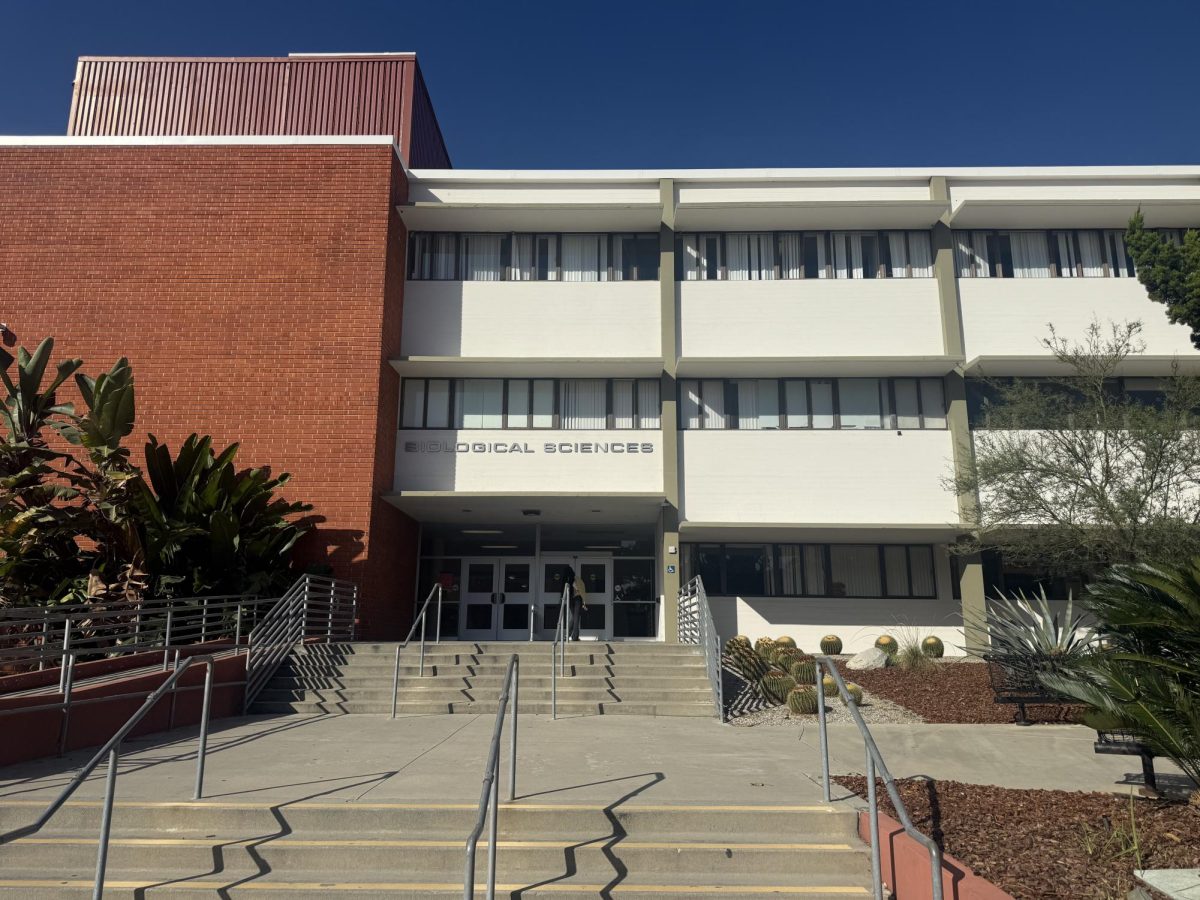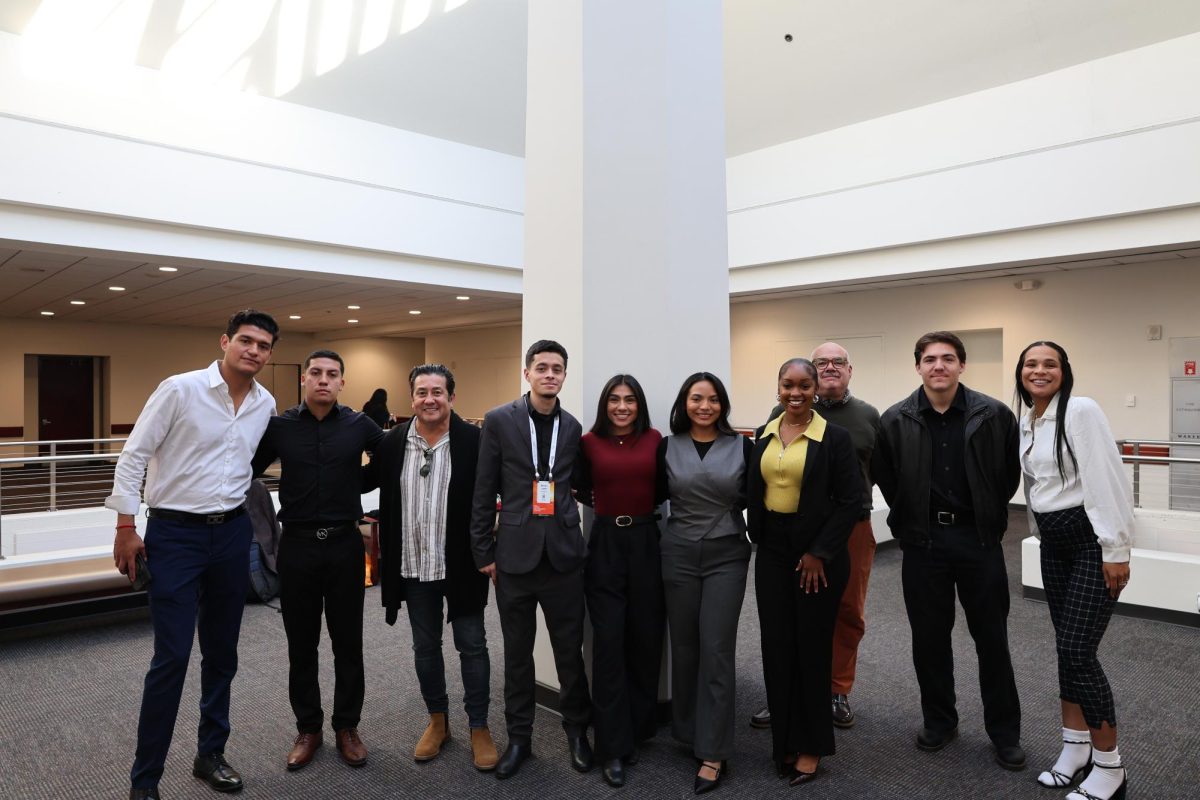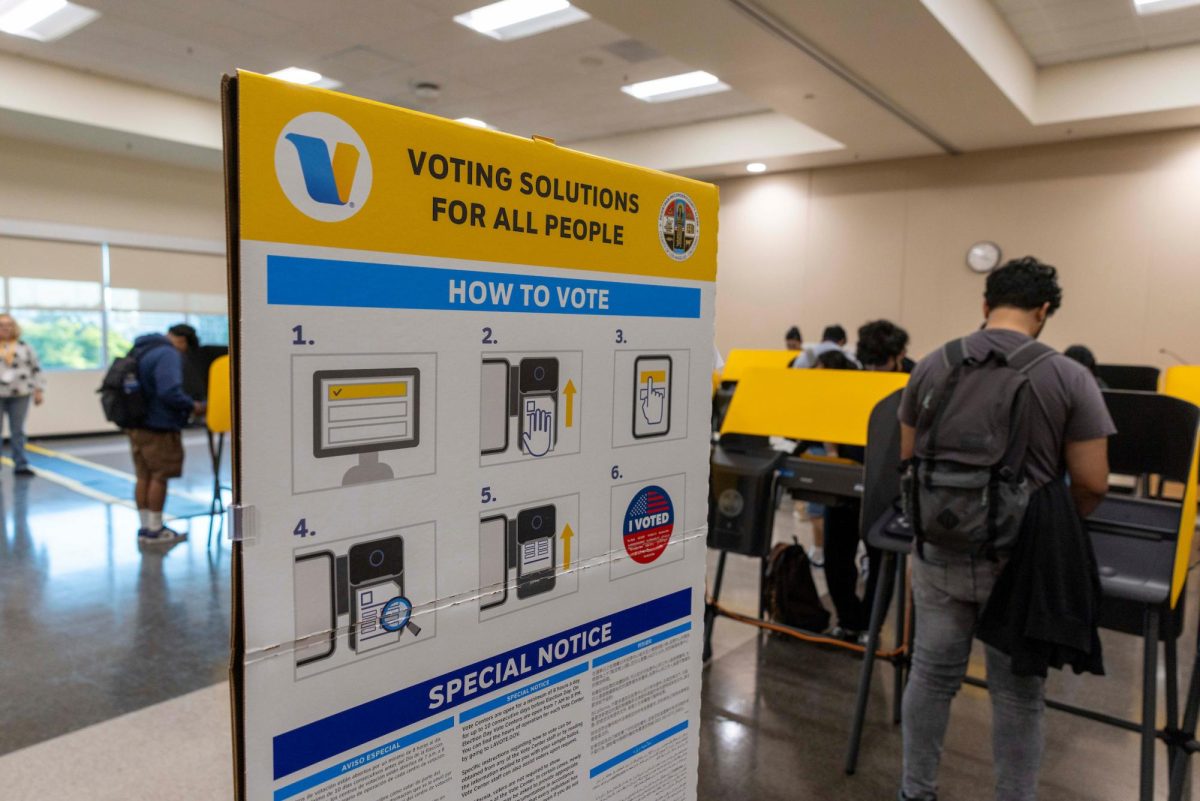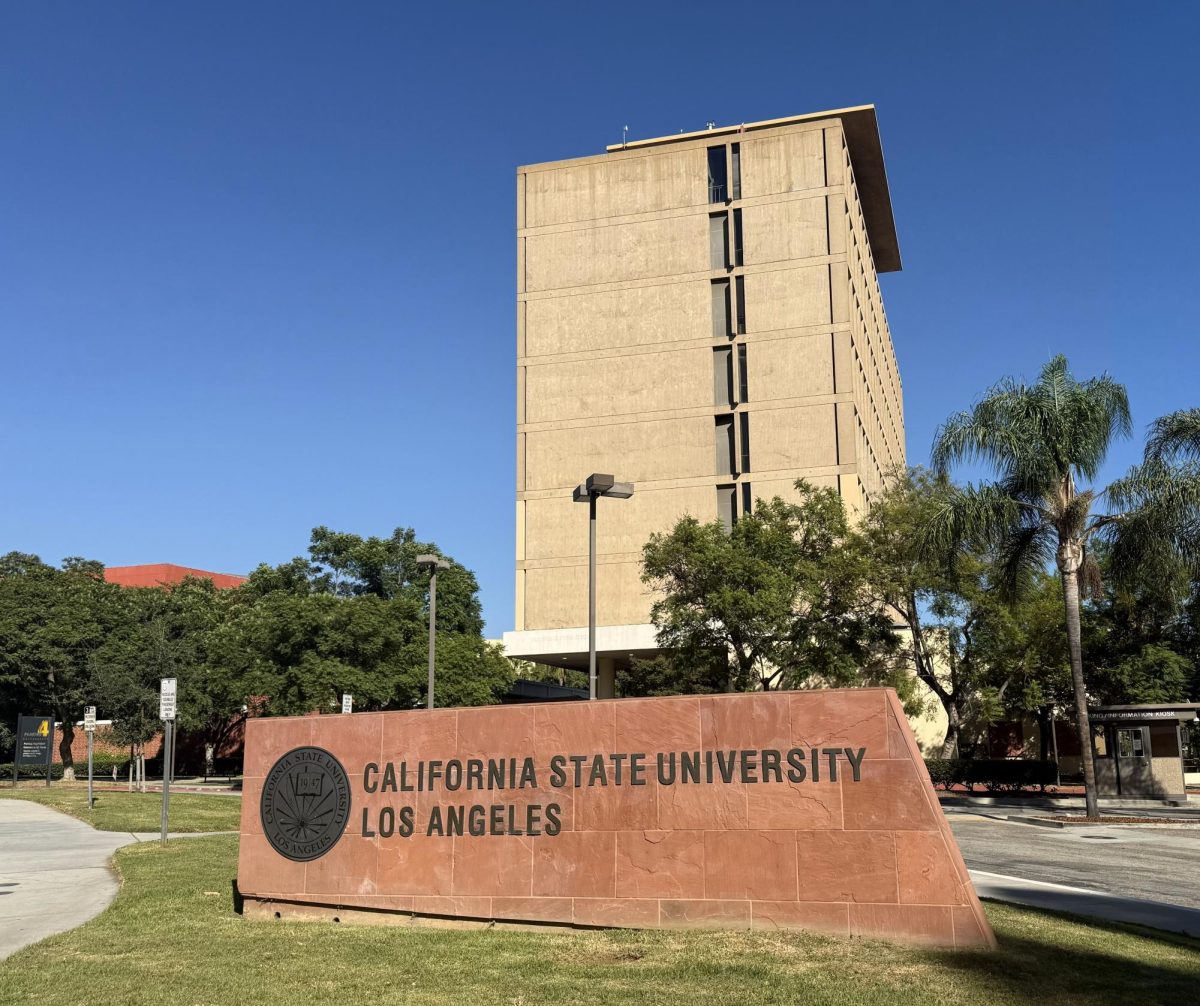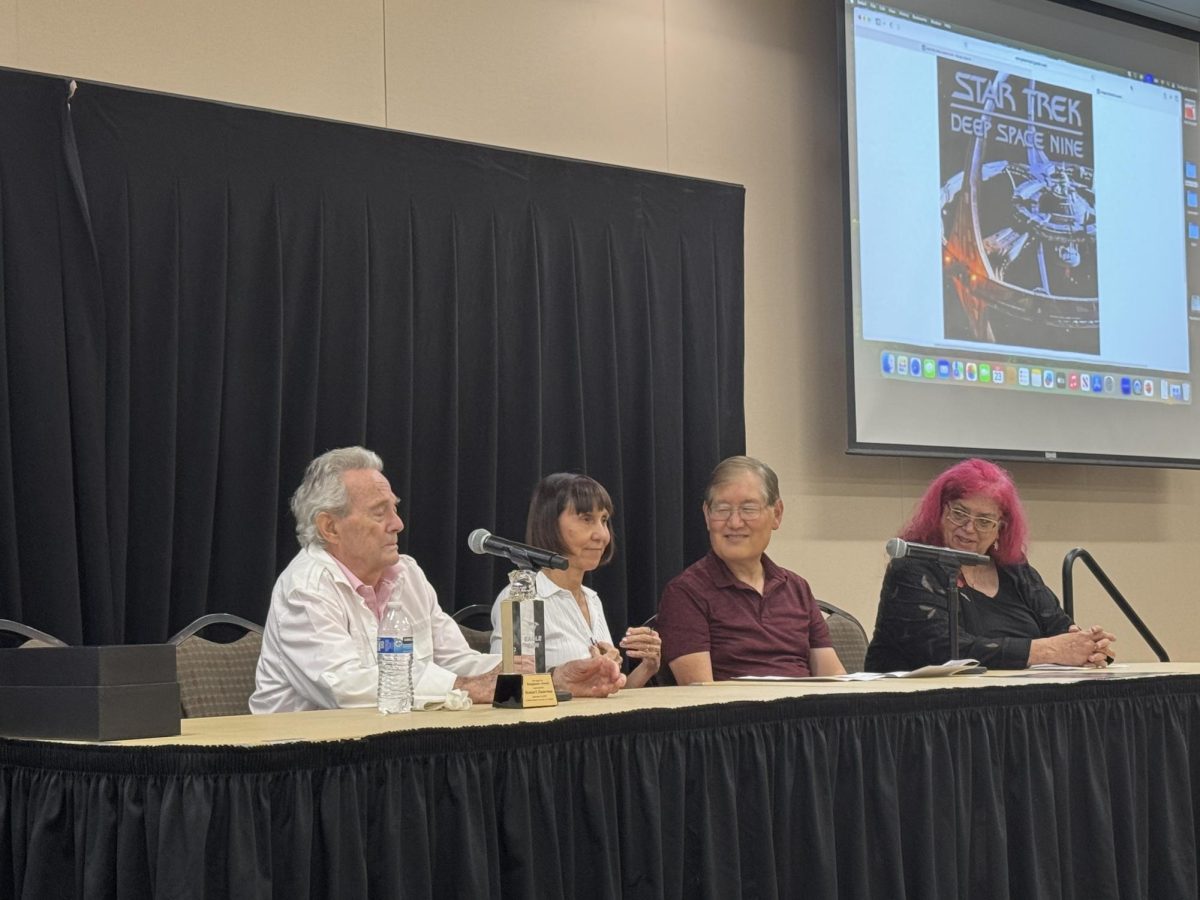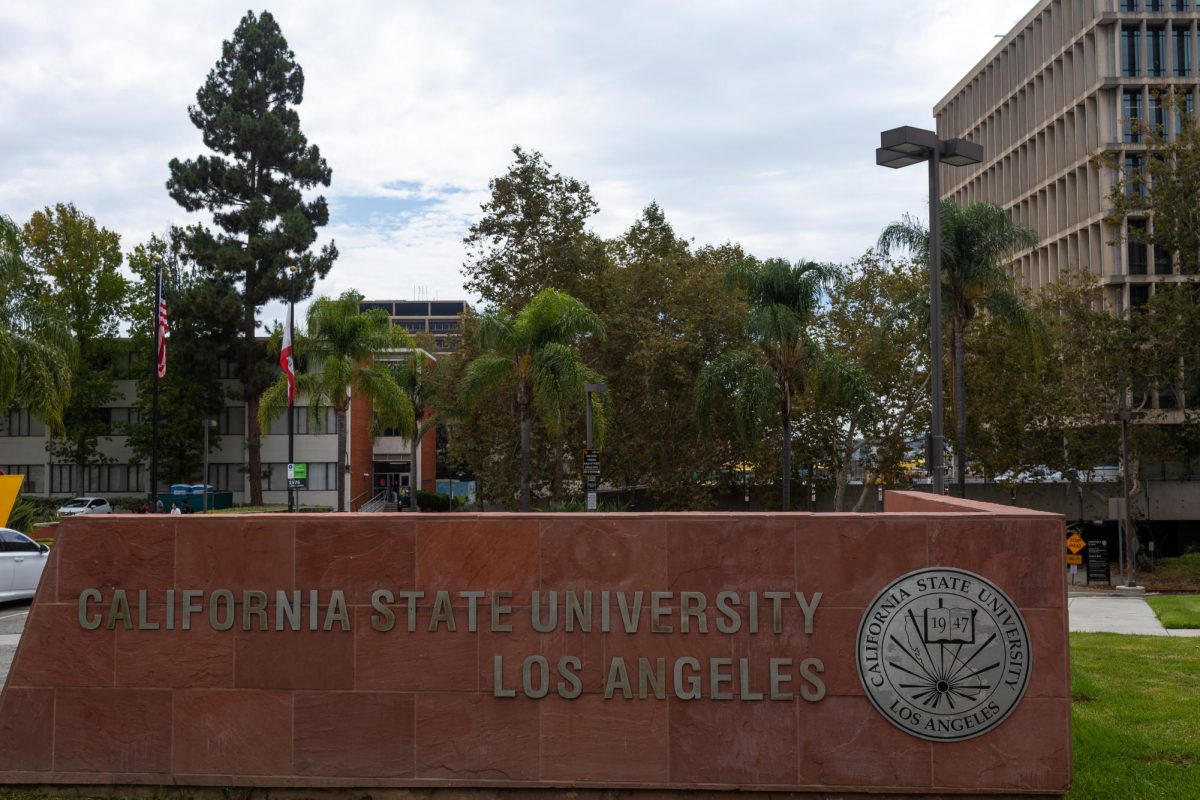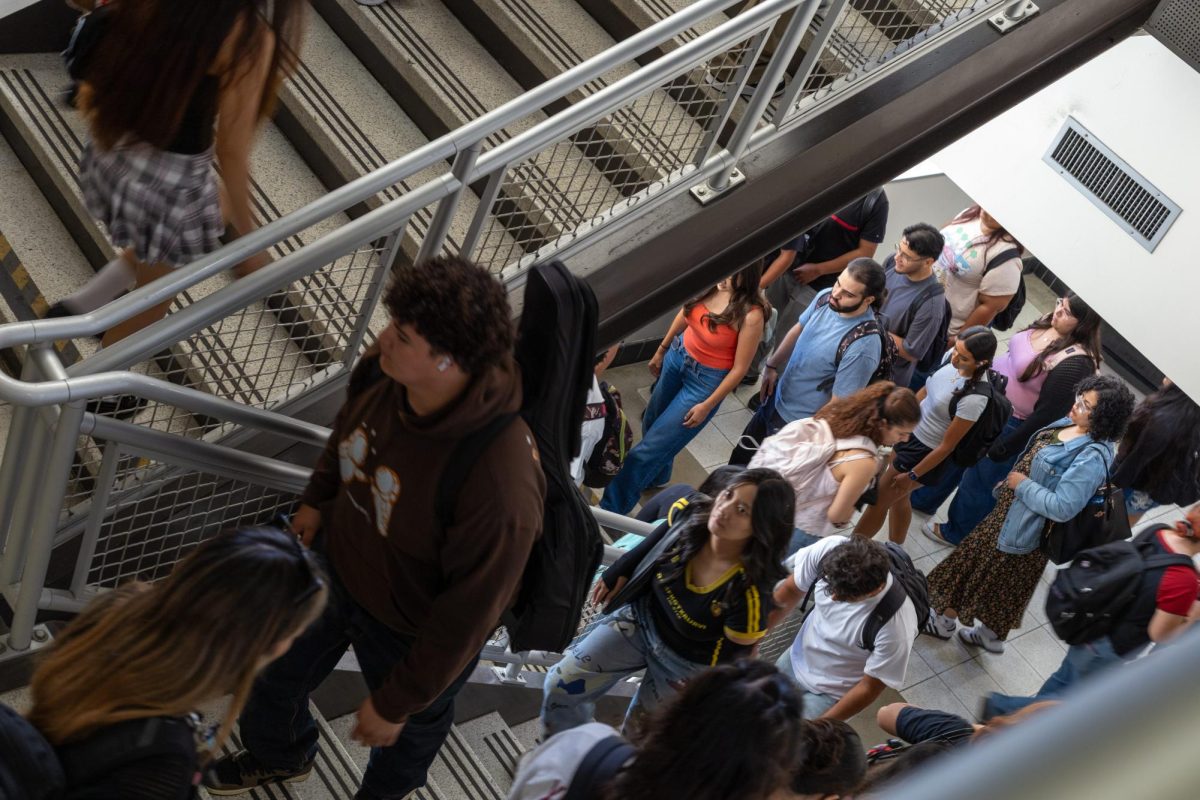In California, fewer students are receiving the state’s Middle Class Scholarship (MCS) this year compared to last fall because of FAFSA delays, budget constraints, and stricter eligibility rules across the California State University system, including at Cal State LA.
The Middle Class Scholarship was established to support families with incomes higher than need-based financial aid levels but who are still grappling with college expenses and have supported fewer students this year.
The California Legislative Analyst’s Office (LAO) reports that the new federal FAFSA launch in early 2025 generated delays and technical issues that left many families confused or unable to apply in time. Because of that, LAO recorded 7.4% fewer new high school MCS recipients this year.
However, demand for scholarships and aid has risen sharply across the board. Nearly 80,000 more students became eligible in 2024-25 than initially anticipated by the state. Meanwhile, students at Cal State LA are experiencing reduced and less predictable awards just when the university itself faces budget squeezing, its own financial transparency report shows; divisional budgets are being cut 5% due to declining enrollments and shortfalls in state appropriations.
For students, that translates into fewer dollars for financial aid advising and student programs just when it is most needed. Like most campuses of the California State University system, Cal State LA offers students MCS awards that are often included with their award letters for financial aid. These are provisional awards that can be adjusted based on the final determination of state funding.
In situations where a student subsequently qualifies for supplemental awards, such as a Cal Grant, the MCS award amount can be decreased or completely revoked.
For most students, such uncertainty complicated their ability to plan for college and pay for things like apartment housing, textbooks, and living expenses. Causing delays in receiving the FAFSA, growing demand, impending budget reductions, and financial problems at the campus level can account for why fewer California students are being awarded the Middle Class Scholarship this year and why students at Cal State LA feel it particularly acutely
However, since no adjustment was made to funding to meet the current rising demands, because of this, most students were awarded reduced MCS grant sizes, and some weren’t even awarded a scholarship.
Eligible students for MCS and Cal Grant B must choose just one program, and they most often choose to opt for the Cal Grant because it tends to be a more reliable source of funding, according to the California State University system financial aid office.
This decision reduces the total number of students to be counted for MCS recipients.
Complicating prospects further are spending reductions. Gov. Gavin Newsom has promised to reduce the scholarship program by $510 million as part of proposals to balance California’s multibillion-dollar deficit, according to a CalMatters report. If enacted, those cuts would further shrink the program and further limit access to middle income families who depend on it.
Some students have been hit hard by late payments, and have taken to social media to express their frustration. The California Student Aid Commission had delayed both spring and fall payments because of challenges with the newest FAFSA forms, making it harder for students to cover basic necessities and school related costs. The University Times attempted to confirm these delays beyond claims of issues online with the Cal State Financial Aid office in time for publication, but did not receive a response.
“This was all done in the service of avoiding that requirement to have to pull dollars back from students that had already been notified that they’d be awarded,” Jake Brymner said in an EdSource report, who is the deputy director for public policy and affairs at the California Student Aid Commission.
A report from state financial aid administrators find it challenging to justify variable award levels to families who rely on predictable aid estimates to plan, At Cal State LA, however, these problems are heightened further. Statewide, MCS coverage is projected to plunge from roughly 35% to 18% of students’ other costs next year as one-time funding phases out.This projection is according to the Legislative Analyst’s Office, which drew on data from the CSAC and the Governor’s budget proposal.
The Cal State LA financial aid office did not return a request for comment in time for publication.
If you’ve had issues with financial aid this semester, or last semester, please reach out to the University Times at editorinchief.ut@gmail.com we’d like to hear from you.


